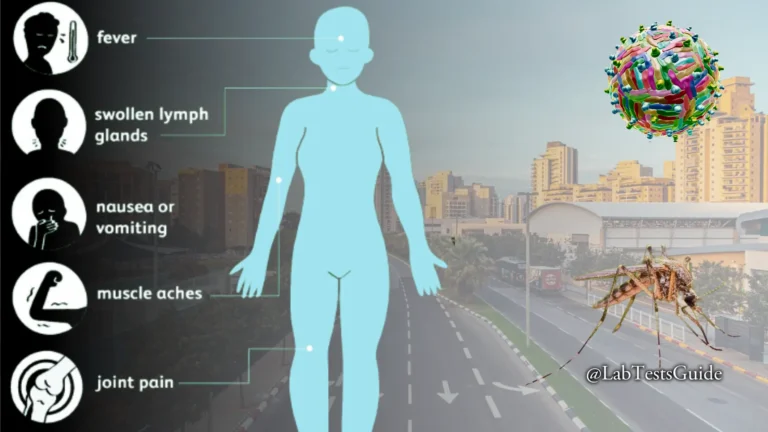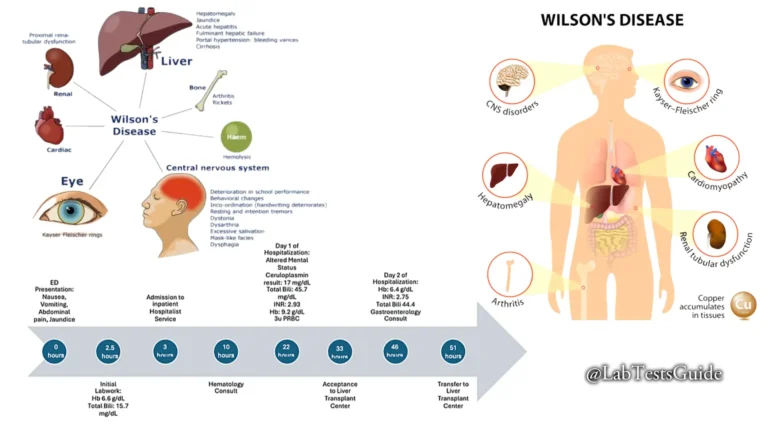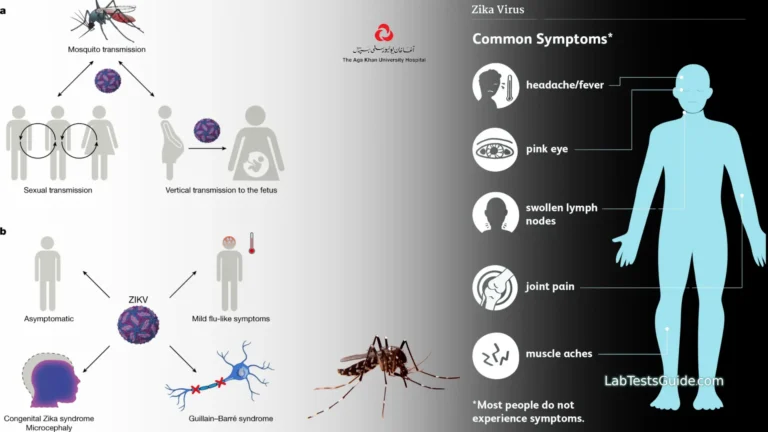Recent research published in JAMA finds a significant association between endometriosis and an increased risk of ovarian cancer, particularly in severe cases like deep infiltrating endometriosis.

Introduction
A recent study published in the Journal of the American Medical Association (JAMA) has revealed a concerning link between endometriosis and ovarian cancer. The research, conducted by a team of scientists from the United States, highlights a significantly increased risk of ovarian cancer among women with severe forms of endometriosis. This study adds to the growing body of evidence suggesting that endometriosis is more than just a painful condition; it could also be a precursor to more serious health issues, including cancer.
Understanding Endometriosis
Endometriosis is a complex condition characterized by the growth of tissue similar to the lining of the uterus outside the uterine cavity. This aberrant tissue growth can lead to chronic pelvic pain, infertility, and other complications. Researchers have long been interested in understanding how endometriosis might be linked to other conditions, including various types of cancer.
The Study
The study utilized data from the Utah Population Database, examining nearly 500,000 women over a 20-year period. Researchers specifically looked at the incidence of ovarian cancer among women with different subtypes of endometriosis, including ovarian endometriomas and deep infiltrating endometriosis.
Key findings from the study include:
- Women with endometriosis had a 4.2-fold higher risk of developing ovarian cancer compared to those without the condition.
- The risk was markedly higher (9.7-fold) among women with ovarian endometriomas and/or deep infiltrating endometriosis.
- The highest risk was observed in women with deep infiltrating endometriosis alone, followed by those with both deep infiltrating endometriosis and ovarian endometriomas.
The Implications
Dr. Karen Schliep, the study’s lead author, emphasized the need for targeted cancer screening and prevention strategies for women with severe forms of endometriosis. While the overall lifetime risk of ovarian cancer remains relatively low, the significantly increased risk for those with severe endometriosis highlights the importance of early detection and monitoring.
Expert Caution
Despite the alarming findings, some experts urge caution. Associate Professor Magda Simonis, a GP and women’s health specialist, noted that while the study provides valuable insights, most women with endometriosis will not develop ovarian cancer. She pointed out that the lifetime risk of developing ovarian cancer for women with endometriosis is approximately 1.9%, compared to 1.4% for the general population.
Conclusion
The study underscores the importance of recognizing endometriosis as a potential risk factor for ovarian cancer, particularly in its more severe forms. Women with endometriosis should be aware of this increased risk and seek appropriate medical advice and regular screenings to monitor their health. As research continues to evolve, it is crucial for healthcare providers to consider these findings in their clinical practice, ensuring that women with endometriosis receive the best possible care and preventive measures.
References:
- New link between endometriosis and ovarian cancer – News GP
- Women with endometriosis have a significantly increased ovarian cancer risk, study finds – News Medical
- Women with endometriosis face fourfold higher risk of ovarian cancer, study suggests – CNN
- In Conversation: How diet may help with endometriosis – Medical News Today
Possible References Used







